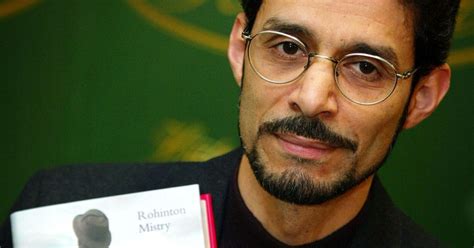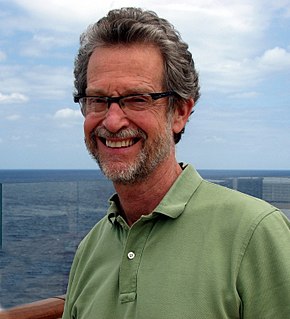A Quote by Alan Lightman
That's the fine balance of a fiction writer...to be able to give your characters enough freedom to surprise you and yet still maintain some kind of artistic control.
Related Quotes
When I write fiction, I have the illusion of being able to control these fictional worlds and these characters, and to make them say what I want them to say. Of course, the problem is that it is an illusion, and by the end of it you realize that you're not in control of it at all; the characters have taken over, and they're driving the vehicle.
I think the trick of being a writer is to basically put your cards out there all the time and be willing to be as in the dark about what happens next as your reader would be at that time. And then you can really surprise yourself. There's that cliche, "No surprise for the writer, no surprise for the reader!"
So I have just one wish for you – the good luck to be somewhere where you are free to maintain the kind of integrity I have described, and where you do not feel forced by a need to maintain your position in the organization, or financial support, or so on, to lose your integrity. May you have that freedom.
There's the fact that American fiction is basically the most apolitical fiction on the globe. A South American writer wouldn't dare think of writing a novel if it didn't allude to the system into which these people are orchestrated - or an Eastern European writer, or a Russian writer, or a Chinese writer. Only American writers are able to imagine that the government and the corporations - all of it - seem to have no effect whatsoever.
Most really good fiction is compelled into being. It comes from a kind of uncalculated innocence. You need not have your ending in mind before you commence. Indeed, you need not be certain of exactly what's going to transpire on page 2. If you know the whole story in advance, your novel is probably dead before you begin it. Give it some room to breathe, to change direction, to surprise you. Writing a novel is not so much a project as a journey, a voyage, an adventure.
There's a fine line between imagination and reality. An inventor dreams something up, and pretty soon, it's there on the table before him. A science-fiction writer envisions another world, and then some space probe finds it. If you believe in something strongly enough, I think you can make it happen.


































